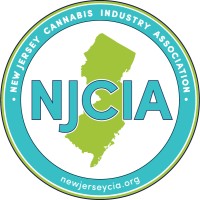
Electric Power Supply Association
The Electric Power Supply Association is the voice of America's competitive power suppliers, working to bring customers the benefits of energy competition. Our member companies own and operate nearly 150,000 megawatts of power generation capacity from a diverse set of resources including natural gas, wind, solar, nuclear, and coal. They’re the owners of power generation plants and storage technologies that convert resources into electricity and store it for use when needed—and they compete to sell that energy to utilities, homes, and businesses at the lowest possible cost.






